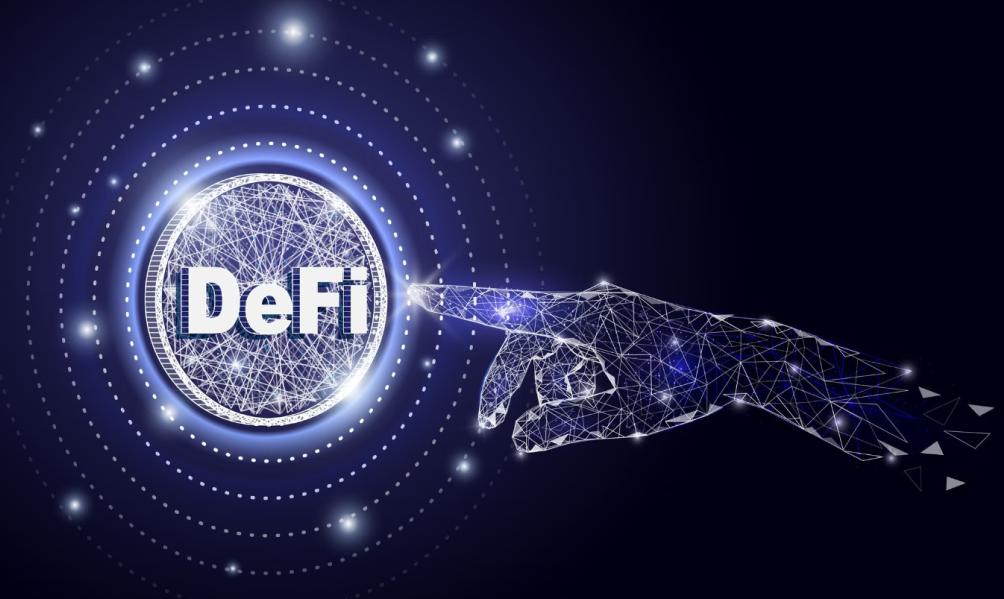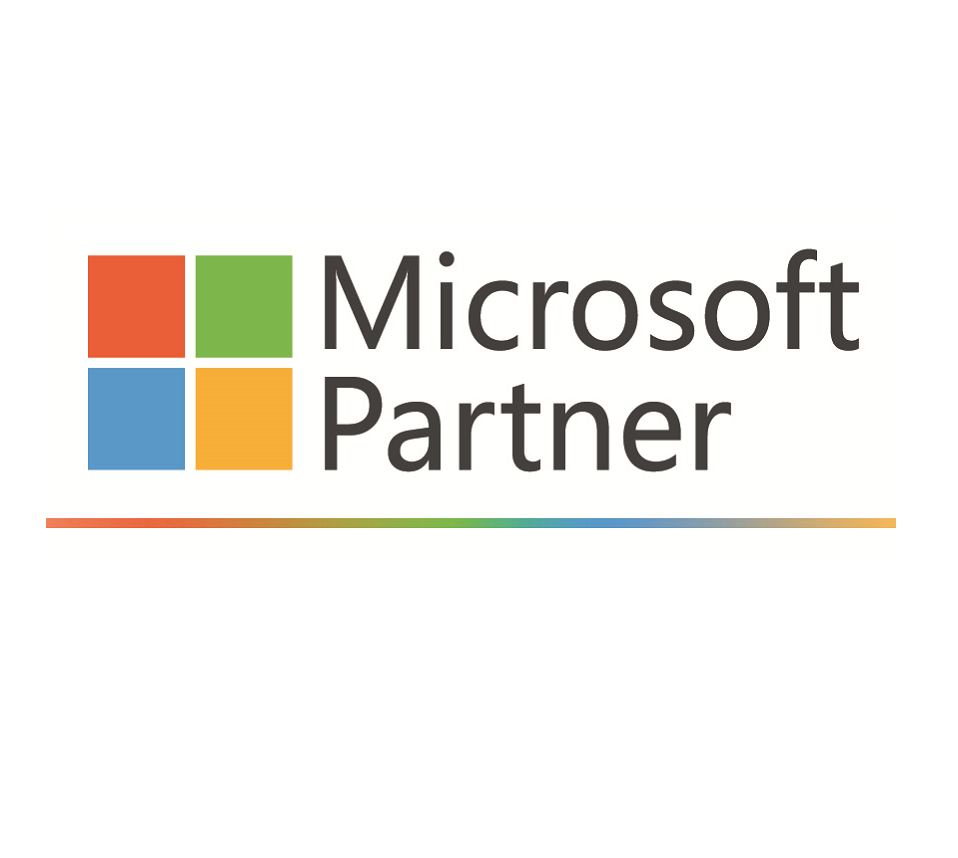Can AI Make DeFi Safer? Exploring Smart Contract Audits

DeFi promises freedom. But without security, freedom turns to chaos.
In the world of decentralized finance (DeFi), innovation moves faster than regulation. Billions of dollars flow through public, permissionless, and often unaudited smart contracts. While DeFi opens the door to a more inclusive financial future, it also attracts hackers, flash loan exploits, and vulnerable code. This begs the question: Can artificial intelligence make DeFi safer?
As the DeFi ecosystem matures, companies offering DeFi development services are rapidly embracing AI to safeguard digital assets. Particularly, AI-driven smart contract auditing is emerging as a game-changer for DeFi security. In this blog, we’ll explore how AI enhances smart contract audits, the current limitations, and what the future holds for building safer DeFi systems.
Understanding the Problem: Why DeFi Security Is Fragile
DeFi relies on smart contracts self-executing code that handles funds based on predefined rules. Once deployed, these contracts operate without human intervention. But here's the catch: code is law in DeFi. Any bugs, logical errors, or loopholes can be exploited and unlike traditional banking, there's no customer service to reverse transactions.
Notable Exploits in DeFi History
-
The DAO Hack (2016): Over $60 million in ETH was stolen due to a recursive call bug.
-
Poly Network Hack (2021): $600M stolen (and mostly returned), highlighting cross-chain vulnerabilities.
-
Ronin Bridge Hack (2022): $625M vanished due to compromised validator keys.
Each of these incidents stemmed from poorly audited code, inadequate testing, or overlooked attack vectors. And with the rise of new DeFi protocols every day, the pressure to audit and secure smart contracts at scale has never been greater.
Enter AI: A New Ally in Smart Contract Audits
AI excels at pattern recognition, anomaly detection, and data-driven predictions. When applied to DeFi security, it can:
-
Analyze large codebases quickly
-
Detect known vulnerabilities using training on historical exploits
-
Predict risky behavior by simulating smart contract interactions
-
Learn from past DeFi hacks to evolve continuously
This is why several DeFi development services now include AI-powered auditing as a part of their security stack.
What Are AI-Based Smart Contract Audits?
Traditional audits involve manual code reviews by human experts who look for bugs, logic flaws, and security vulnerabilities. While effective, this process is time-consuming and not scalable. AI-enhanced audits complement human auditors with automation and machine learning.
Key Components:
-
Natural Language Processing (NLP): Converts code into a readable form to understand logic.
-
Static Code Analysis: Scans for syntax and known vulnerability patterns.
-
Machine Learning Models: Predict potential risks based on prior vulnerabilities and attack behaviors.
-
Behavior Simulation: Models how contracts might behave under unusual or malicious interactions.
Benefits of AI-Powered Auditing
-
Faster audits with 24/7 runtime
-
Reduced human error
-
Continuous monitoring post-deployment
-
Real-time vulnerability detection
-
Lower auditing costs for startups and smaller DeFi projects
Real-World AI Tools in DeFi Security
Several tools and platforms are already experimenting with or deploying AI in DeFi smart contract audits:
-
OpenZeppelin Defender: Offers real-time security alerts and automated contract management.
-
MythX: Uses symbolic execution and ML to find security bugs.
-
CertiK Skynet: Provides ongoing smart contract monitoring using AI and on-chain data analysis.
-
Slither & Manticore: Semi-automated tools that help identify vulnerabilities, now being enhanced with AI.
While these tools aren’t 100% autonomous, they significantly reduce audit turnaround time and enhance coverage, particularly for repetitive code patterns.
Limitations of AI in Smart Contract Auditing
Despite its potential, AI isn't a silver bullet. It still has limitations:
-
False Positives: AI may flag safe code as dangerous due to misunderstood patterns.
-
Lack of Context: It may miss contextual logic flaws (e.g., a financial incentive misalignment).
-
Explainability Issues: Why AI flagged something as risky isn't always easy to interpret.
-
Limited Dataset: AI is only as good as its training data. In DeFi, new vulnerabilities emerge often, and training datasets must constantly evolve.
This is why hybrid audits, combining human experts and AI, are currently the most effective approach.
The Role of AI in DeFi Wallet Security
Smart contracts aren’t the only attack surface. DeFi wallets used for storing, sending, and staking assets are also targets. AI is now being integrated into DeFi wallet development services to monitor and secure user interactions in real time.
How AI Secures DeFi Wallets:
-
Behavioral Analysis: Detects unusual patterns like rapid transfers or interactions with risky dApps.
-
Phishing Detection: Scans links and domains in transaction metadata.
-
Transaction Risk Scoring: Warns users about potentially malicious transactions before signing.
-
Biometric Verification: Adds another layer of user authentication using AI-based face/fingerprint recognition.
With the rise of phishing and fake contract scams, AI's role in wallet-level security is more crucial than ever.
Can AI Help Create a Safer DeFi Ecosystem?
Absolutely especially when integrated at multiple levels:
-
Pre-deployment audits: AI scans the code for known issues and unknown anomalies.
-
Post-deployment monitoring: AI watches for abnormal behavior on-chain in real time.
-
Wallet-level defense: AI helps users avoid scams, risky dApps, and malware.
-
Protocol upgrades: AI predicts how future upgrades could introduce new vulnerabilities.
As companies continue to create whitelabel DeFi wallets or launch new protocols, embedding AI into the core architecture ensures a secure and scalable foundation.
Best Practices: AI + Human = Maximum Security
For founders, developers, and investors, the ideal approach is to combine AI tools with human insight. Here’s a checklist for a robust DeFi security stack:
-
Use AI-based audit tools (like MythX, Slither)
-
Conduct at least one manual code audit
-
Integrate continuous monitoring (CertiK Skynet, Forta)
-
Educate users with AI-powered wallet alerts
-
Simulate edge cases using AI before mainnet launch
-
Set up bug bounties and responsible disclosure programs
DeFi isn’t just about code it’s about trust. And trust comes from transparency and security.
Future Outlook: AI in Next-Gen DeFi
Looking ahead, here’s how AI might evolve DeFi security further:
-
Self-Healing Contracts: Smart contracts that can identify and patch their own vulnerabilities.
-
Auto-Audit Pipelines: CI/CD-like systems where AI audits every new code commit.
-
AI Red Teaming: Simulated hacks by AI bots to test defenses.
-
Zero-Knowledge AI: AI auditors that don’t compromise user privacy.
In essence, we’re moving toward a world where AI doesn’t just assist DeFi security it becomes its backbone.
Final Thoughts
Decentralized finance is rewriting the rules of global finance. But its potential will only be fully realized if users can trust the platforms they use. AI-driven auditing and monitoring offer a powerful way to bridge the security gap that DeFi still faces today.
Whether you're a founder, developer, or investor, integrating AI into your project isn’t just a smart move it’s a necessary one. From smart contract security to wallet protection and beyond, artificial intelligence will be at the heart of the next generation of safer, more innovative DeFi systems.
Why Choose RisingMax for AI-Integrated DeFi Development?
At RisingMax Inc., we specialize in building AI-augmented, highly secure DeFi ecosystems. Whether you’re launching a protocol, planning to create a whitelabel DeFi wallet, or want a full security audit, our expertise ensures your platform meets the highest standards of security and scalability. We offer comprehensive DeFi development services tailored for forward-thinking projects, with an added layer of AI intelligence to protect your users and assets.








